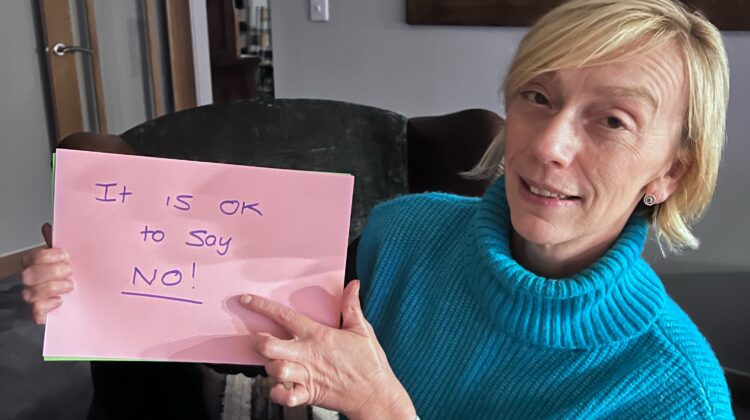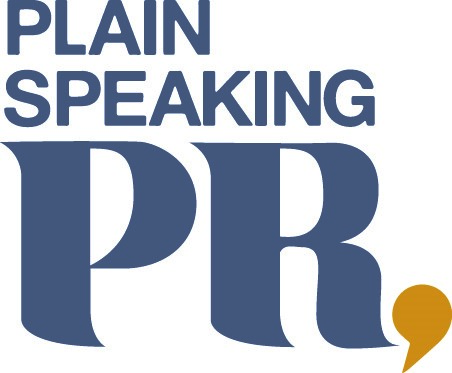
She’s back! In this month’s column, critical care nurse and integrative counsellor and hypnotherapist Sam Grainger asks the timely question at this time of year: how good are YOU at setting boundaries?
Hello, it’s been a couple of months since my last wellbeing post. I have been busy completing some training. It’s good to be back to normality. We are heading into that busy time of year again; dare I say the word Christmas! I thought it might be a good idea to look at personal boundaries as this time of year often causes some anguish around what you want and what others expect.
How good are you at setting boundaries? Do you struggle with saying no, or do you feel guilty or indulgent for having boundaries? We lead increasingly busy lives, and it can be very challenging to feel that its ok to say no or take time for ourselves.
When we allow are boundaries to be violated intentionally or unintentionally it can have an impact on our emotional resilience, leading to feelings of anxiety, overwhelm and in some instances feeling bullied. This can escalate further into depression and make us physically ill.
If you notice you engage in any of the following examples, you need to think clearly about establishing boundaries:
- Saying “yes” to please other people
- Feeling disrespected then not standing up for yourself
- Being a people pleaser to be liked and receive approval
- Always giving into the needs of others for fear of conflict
A boundary is a way of protecting yourself like having an invisible shield surrounding you that protects your mental health and helps you to feel safe.
Unfortunately, many people do not exercise good boundaries and that is often because we are not clear to ourselves or other people about what we want or need. It is our own responsibility to manage our own boundaries.
Boundaries come in different forms:
Physical: This is about your body and your personal space.
Sexual: This is about intimacy and what is acceptable to you.
Emotional: Your personal information and feelings.
Intellectual: Your ideas, beliefs, and thoughts
Time: Your responsibilities in relation to your job, family, relationship, and any other commitment.
What can we do to help set healthy boundaries?
- Be clear about our wants and needs. If we communicate our boundaries clearly, they are more likely to be respected. It maybe we must repeat these a few times before the message sinks in.
- Practice setting the boundary. It can feel alien at first especially if you are not used to communicating in this way. You could even write it down and this may make it easier when you come to say it.
- Keep your boundaries simple. Don’t overwhelm people with too much information.
Simple phrases such as:
“I would love to help, but I would be overcommitting myself. Is there another time?”
“When I share my feelings with you and get criticised, it makes me totally shutdown, I can only share with you if you are able to respond respectfully to me”
“I can respect that we have different opinions on this”
“I am sorry I can’t stay late today”
If we can set good boundaries, we then have a more balanced lifestyle; it prevents build-up of resentment, burnout, and stress. It is not easy and can prove challenging, but in the long term you will notice the benefits of protecting your shield.
Exercise: Think about the different boundaries, is there anything you can do to improve your life in these areas? What boundaries could you set yourself? Start today.
“When you say “yes” to others make sure you’re not saying no to yourself” Paul Coelho









Leave a Reply